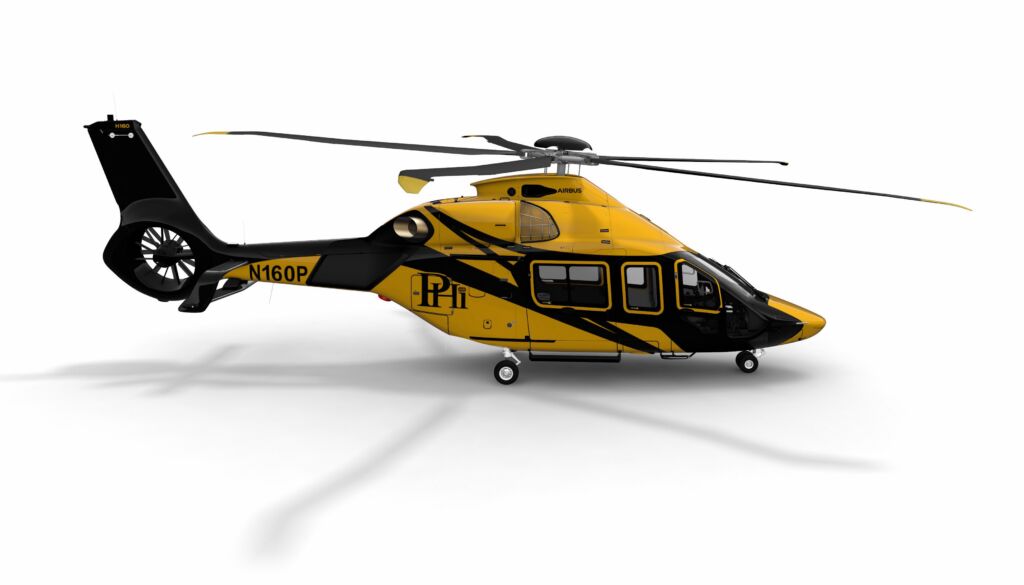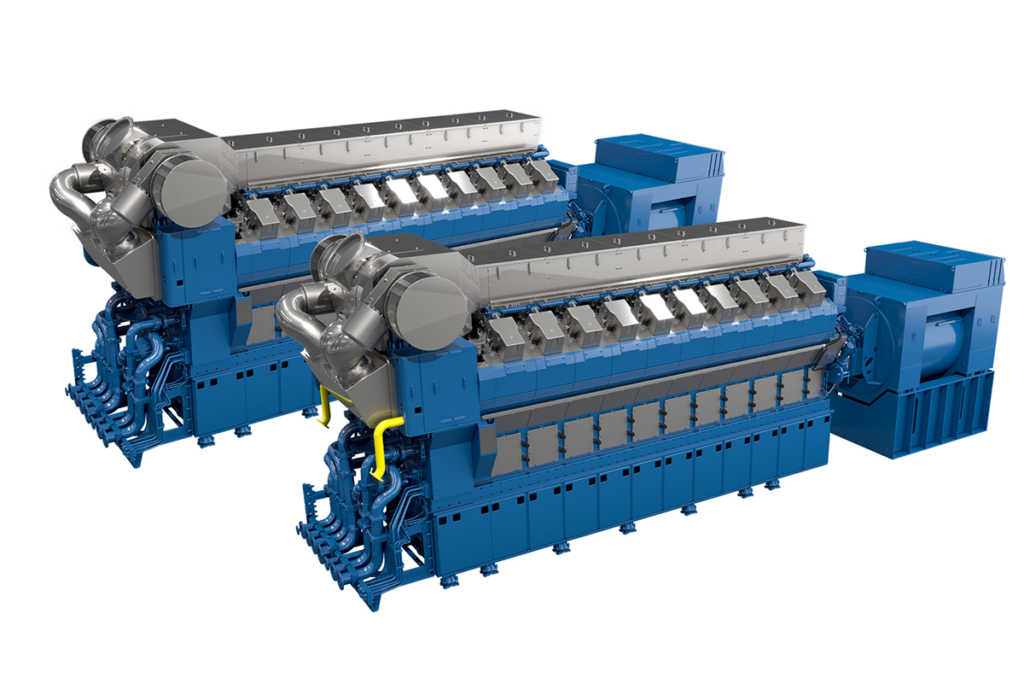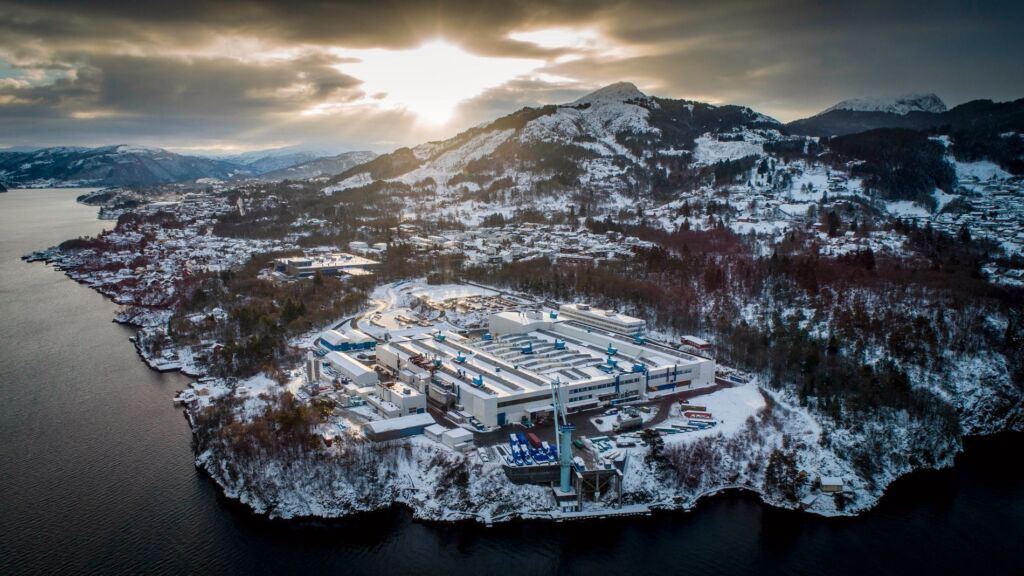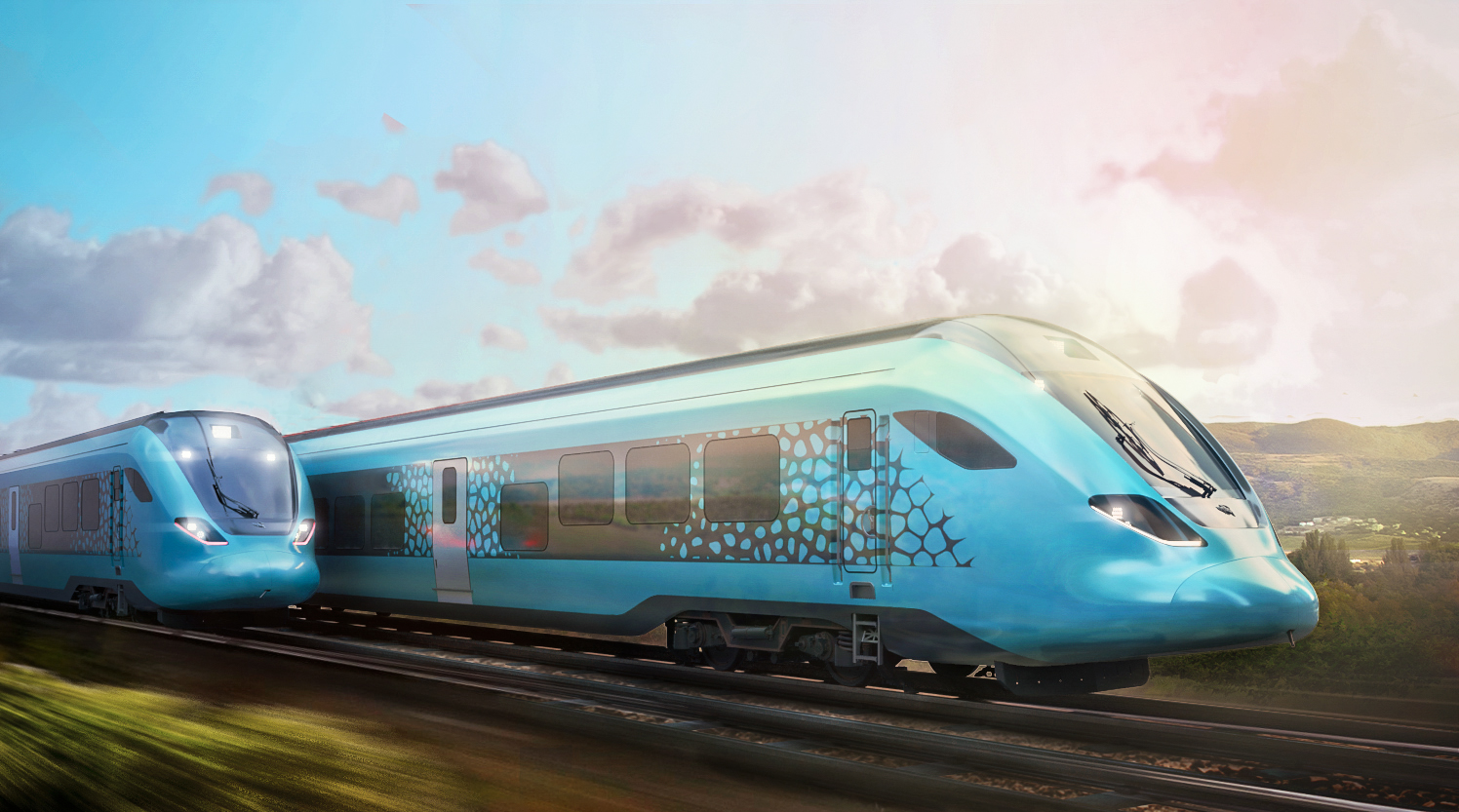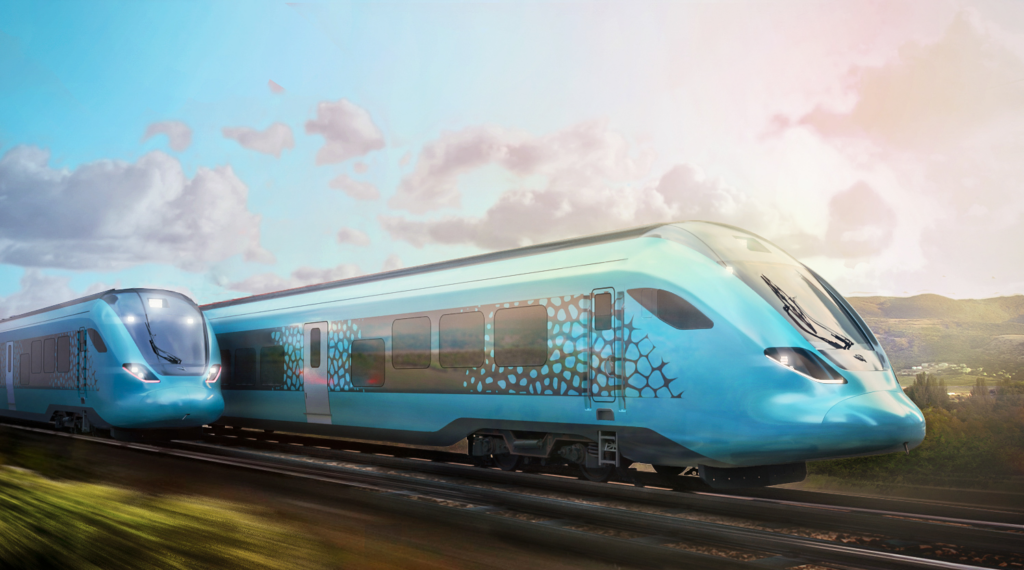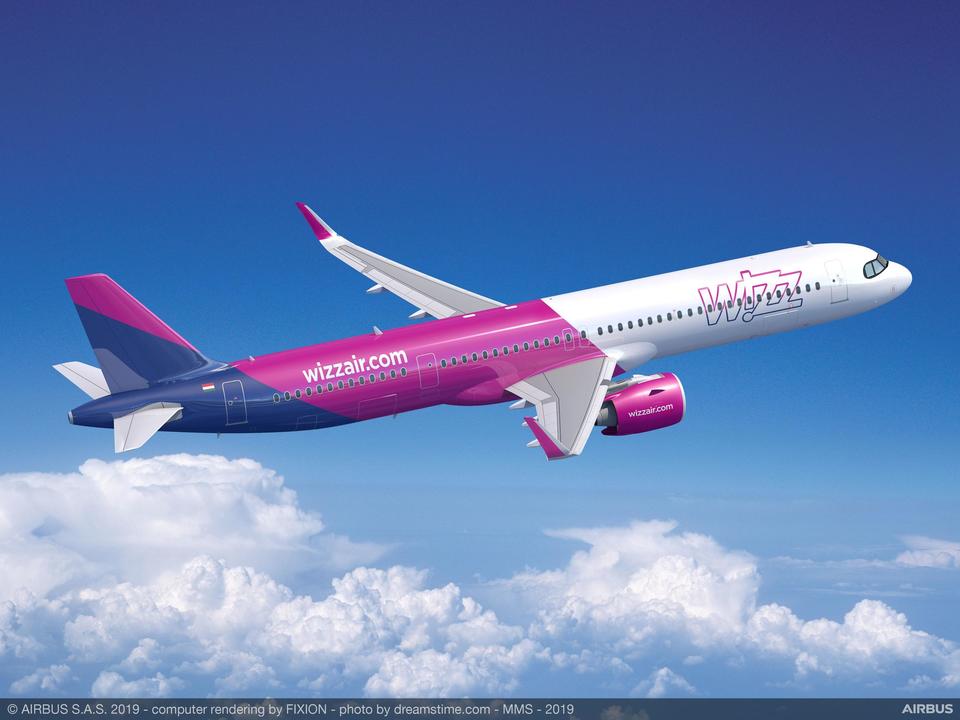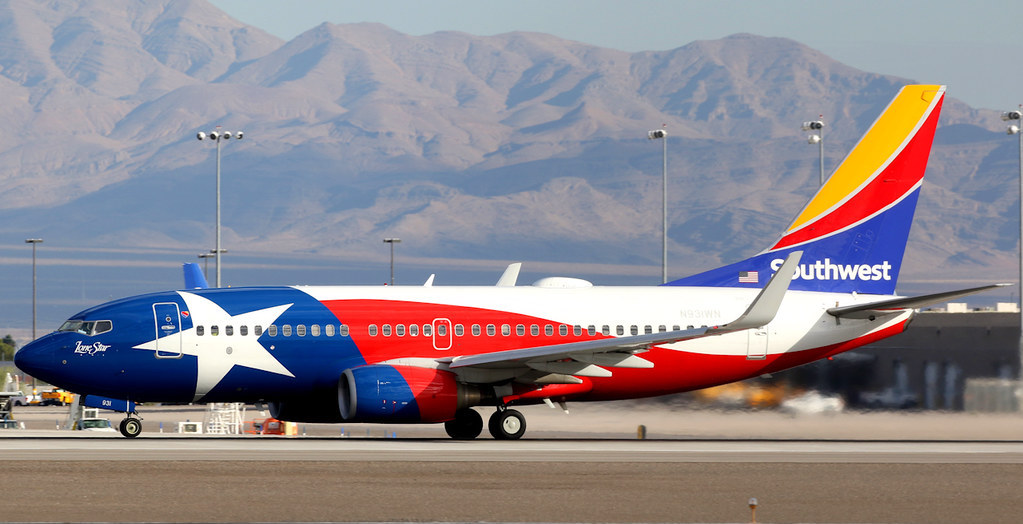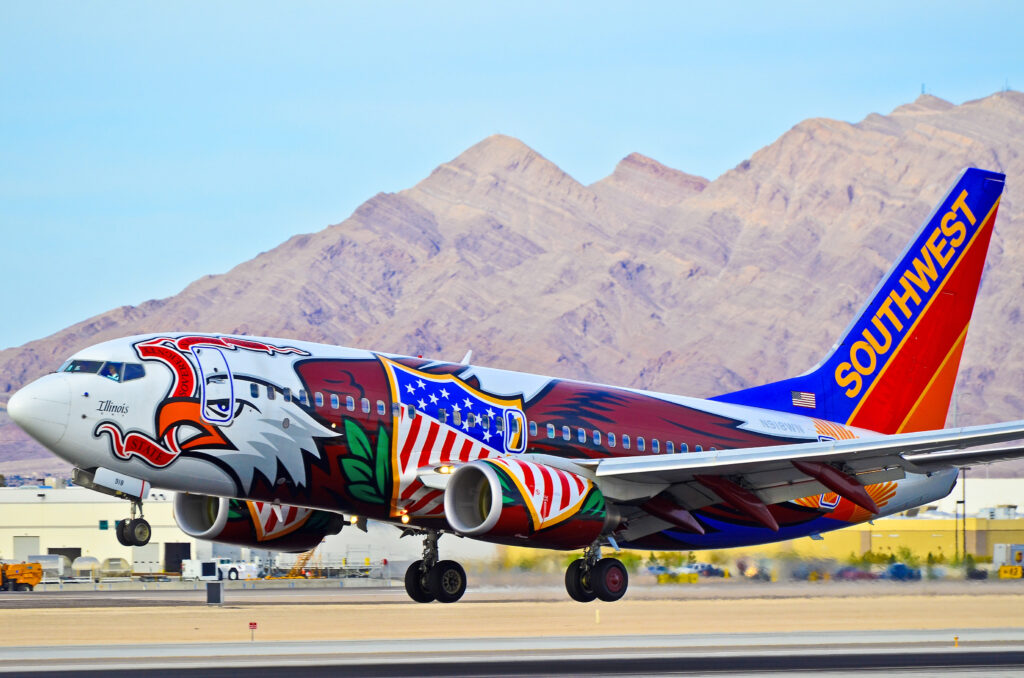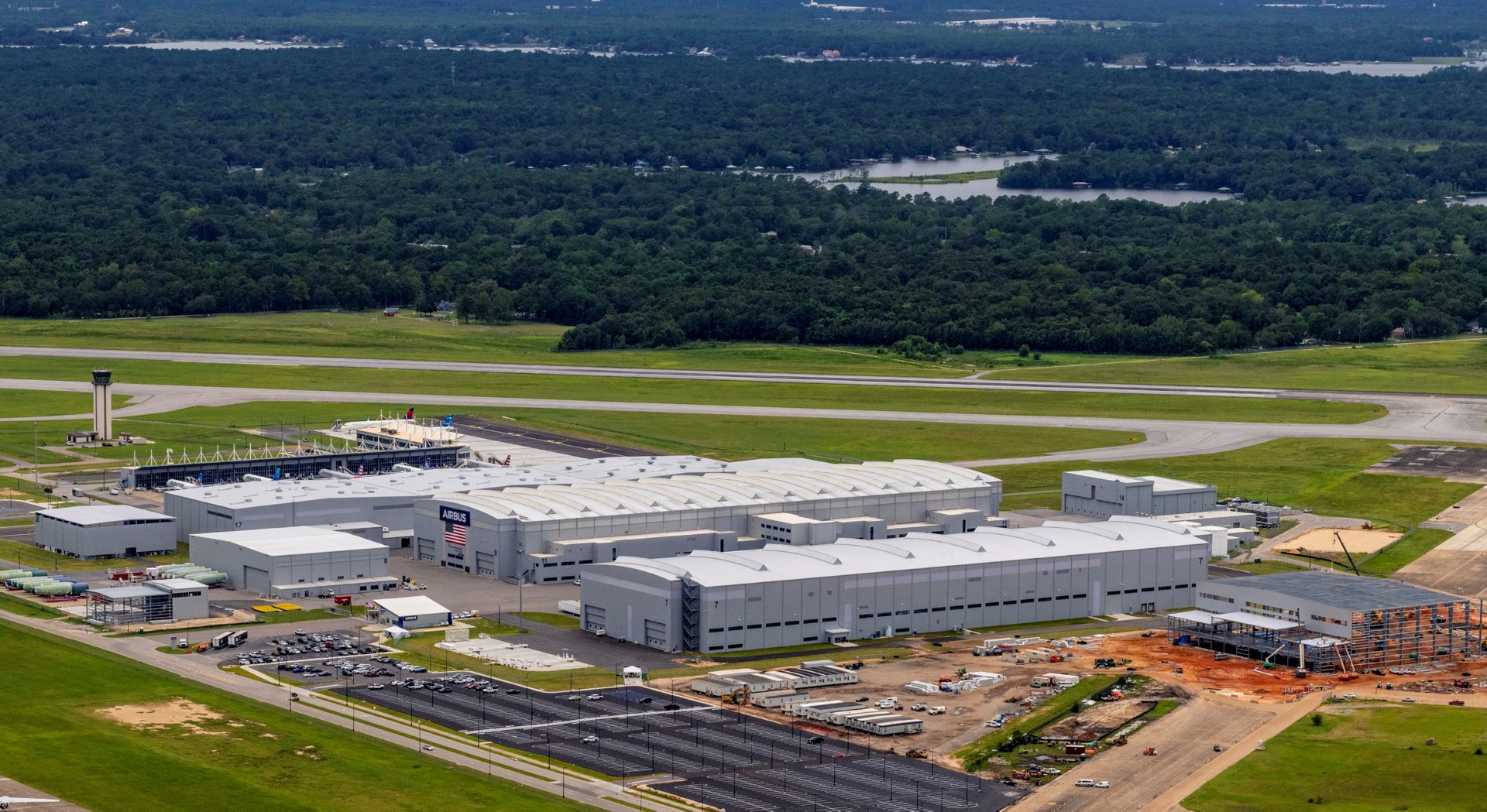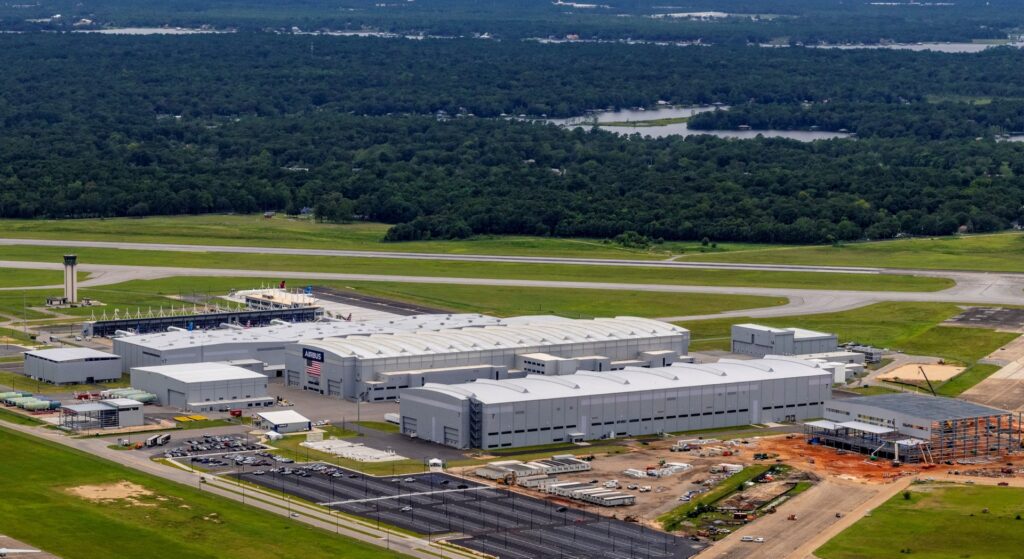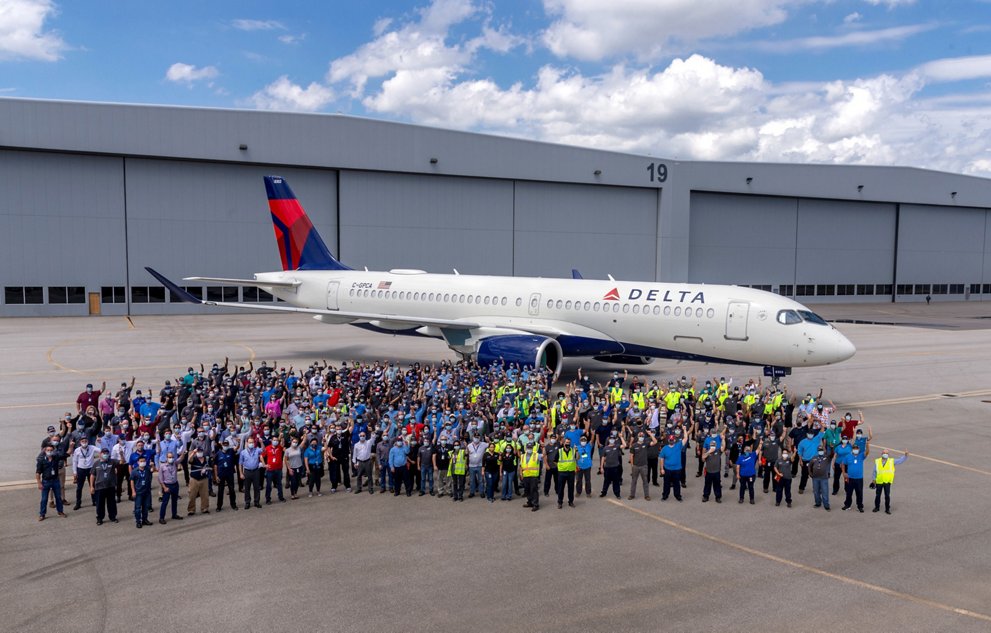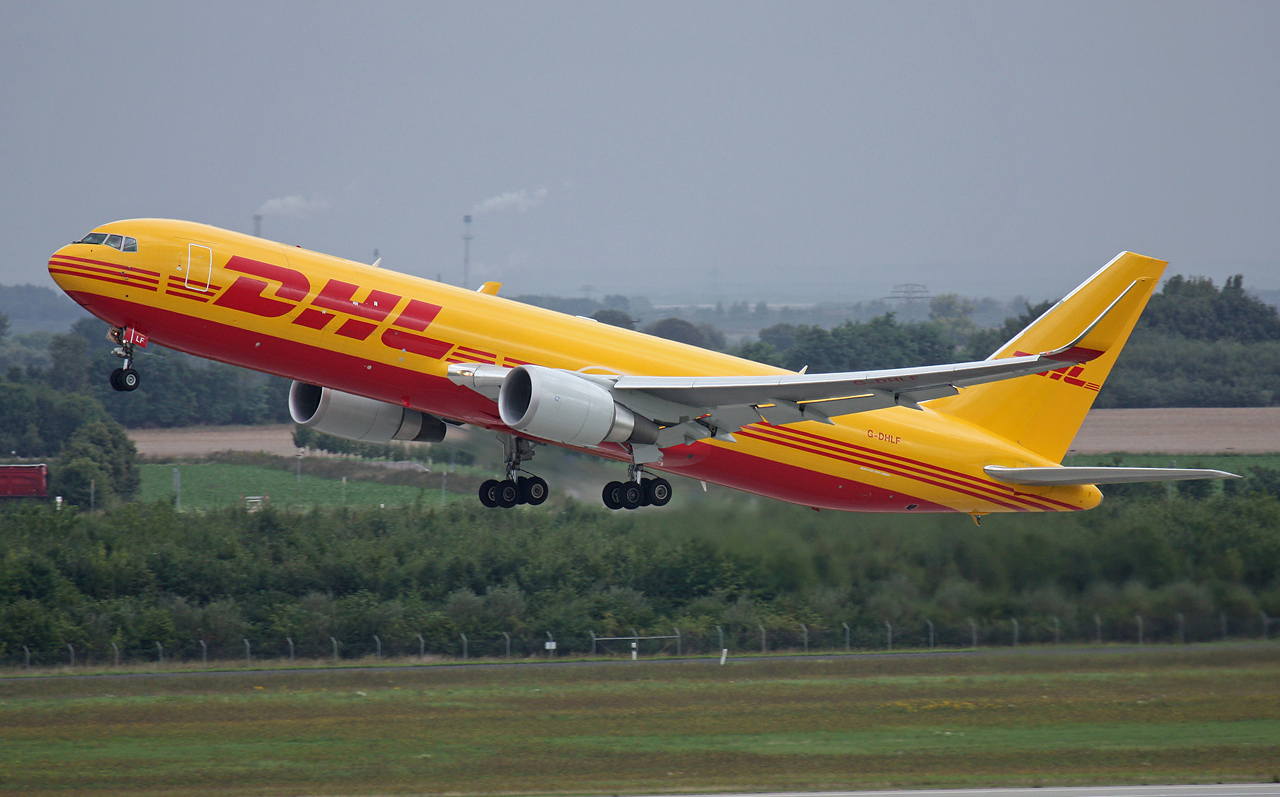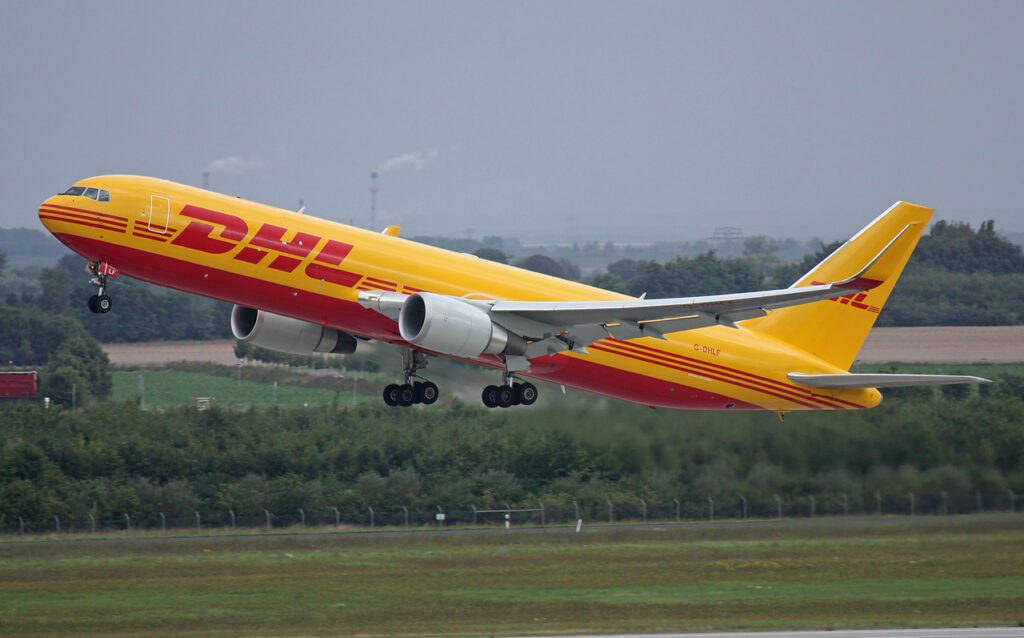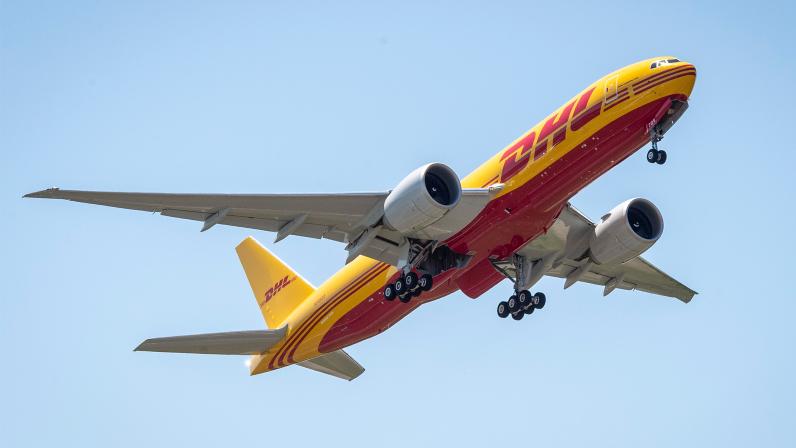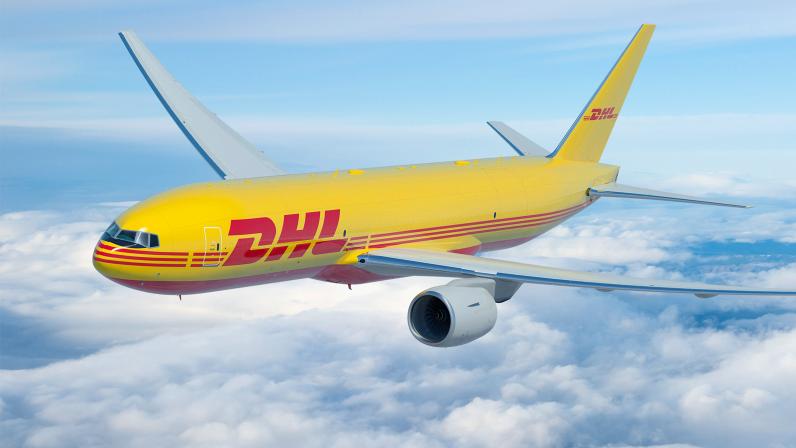Marignane, France, 15, February, 2021 – International energy group Shell has selected leading US offshore helicopter operator PHI to operate four Airbus H160’s to service a support contract in the Gulf of Mexico. The contract marks the entry into the oil and gas market of the H160 with a wealth of design features promising new levels of safety, comfort and schedule reliability in offshore operations.
The three companies – Airbus, PHI and Shell – are cooperating in a unique partnership. In a pioneering move, Airbus will provide one H160 ahead of final deliveries to PHI and Shell for a year-long route-proving programme to enable the operator and the final customer to familiarize themselves with the type’s advanced features and mitigate the normal challenges around entry into service.
At PHI it will be based at Houma, Louisiana and join a large company fleet of H125’s and H135’s deployed in emergency medical service throughout the United States, as well as two H145’s operating for Shell on pipeline survey work in Louisiana, and two H145’s flying the world’s longest harbour pilot shuttle in Mackay, Australia.
With 68 patents, the H160 is the world’s most technologically advanced helicopter and features an unprecedented suite of pilot aids delivered through its Helionix avionics which substantially reduces crew workload and decreases the risk of pilot error.
They include the world’s first ground helipad assisted take-off procedure, a vortex ring state pre-alerting system and a recovery mode to automatically regain steady flight in difficult circumstances.
The H160 is powered by two of the latest Arrano engines from Safran Helicopter Engines and incorporates an embedded monitoring system and a redundancy of sensors, and can be maintained autonomously far from base. The design emphasises robust corrosion defence specifically envisaging offshore missions.
